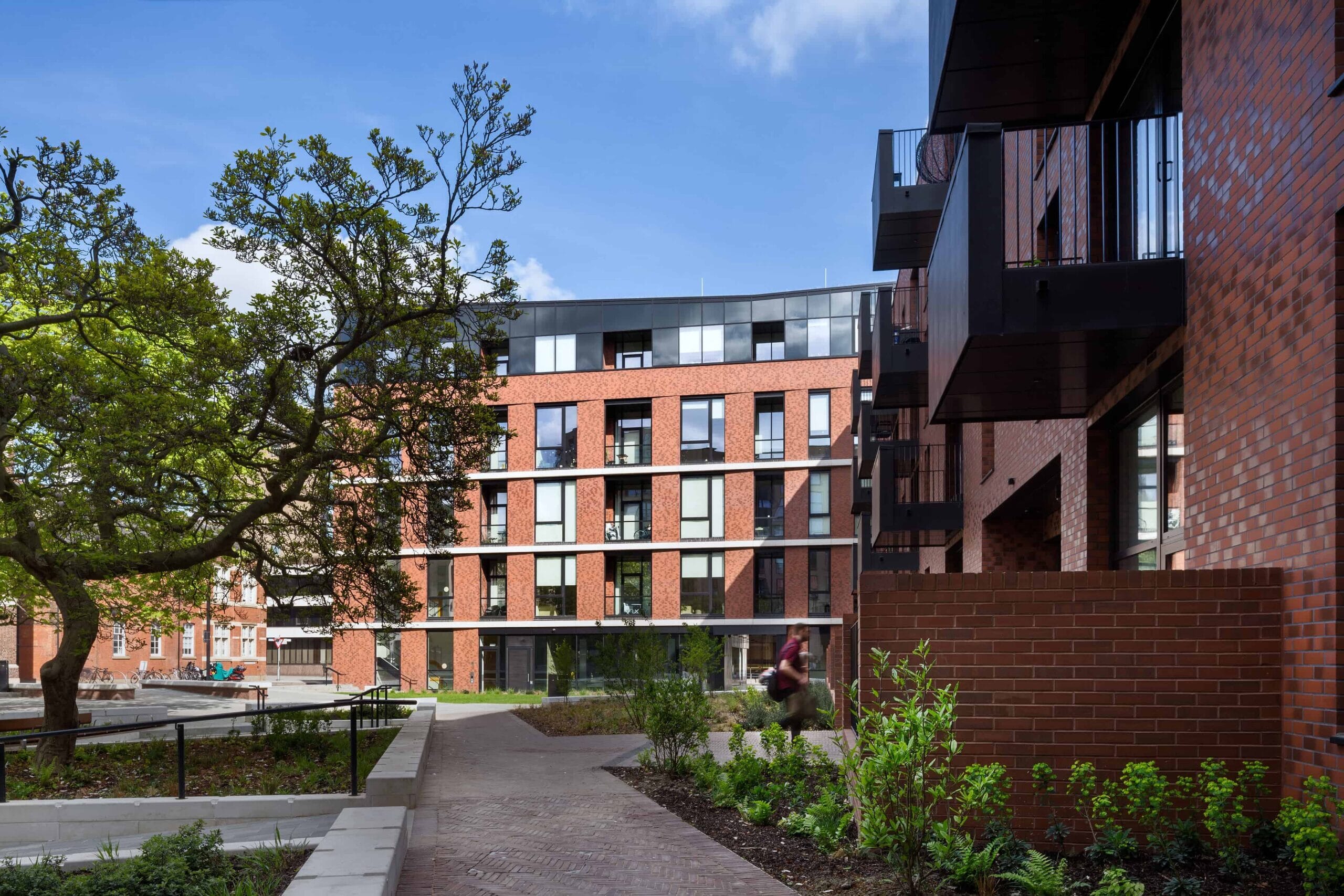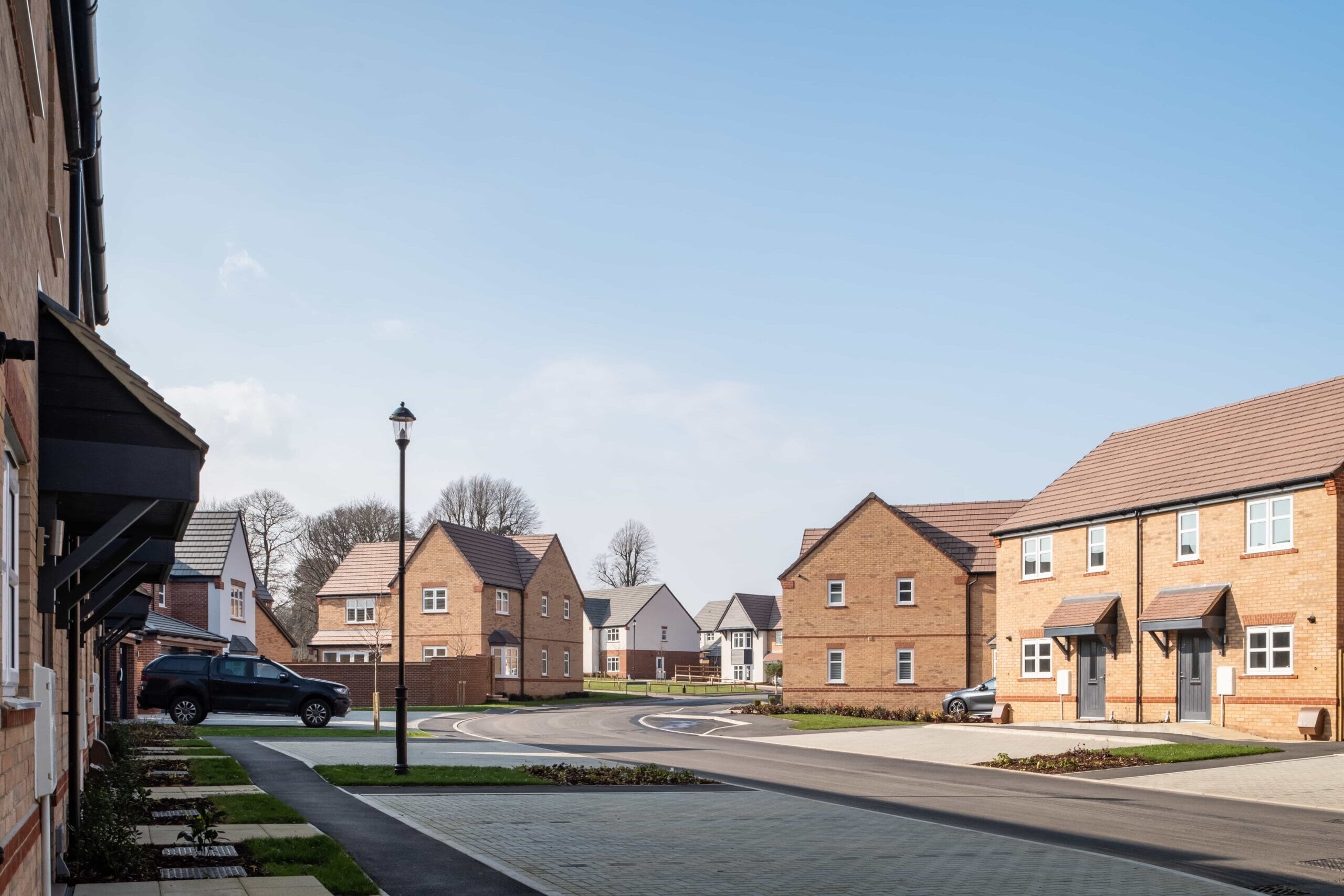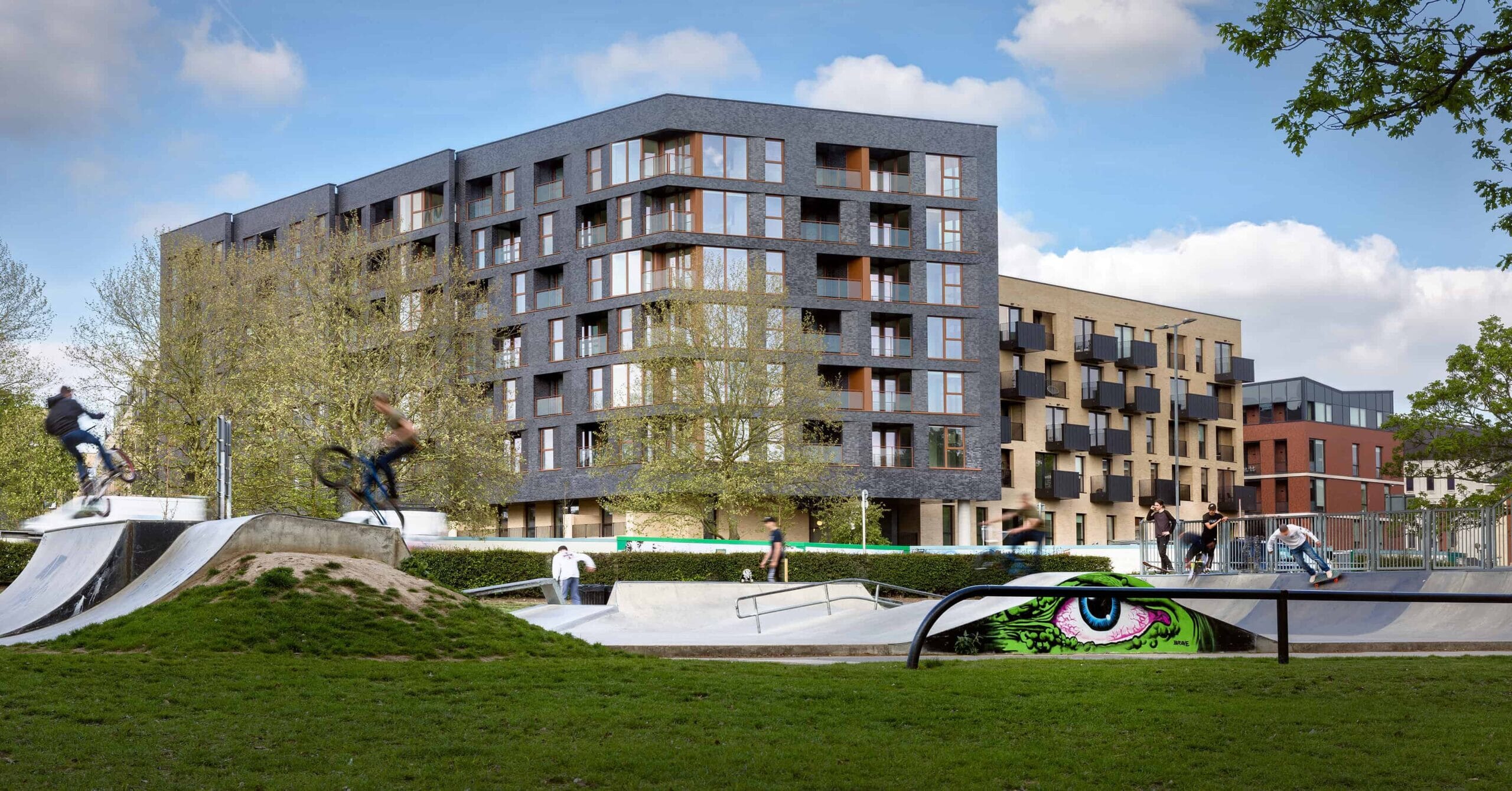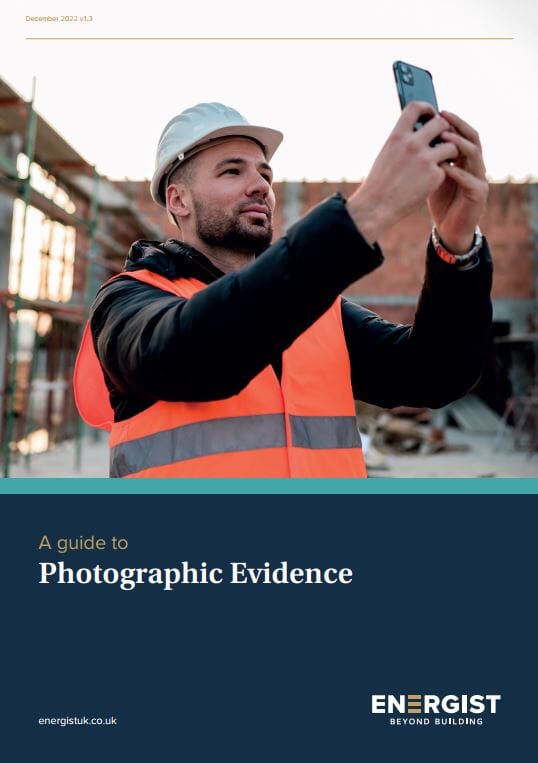AIR QUALITY ASSESSMENTS
Manage air quality and limit emissions with a detailed air quality assessment
Monitor and manage impact on air with air quality assessments; limiting the impact of your development during construction and occupation
In urban areas where air pollution poses a serious health risk, local authorities often require air quality assessments for new developments. Our air quality consultants support developers to understand and limit their impact on air quality and fulfil planning requirements.
A detailed air quality assessment looks at air quality during construction and occupation. It assesses a development’s impact on the local area during build, and considers air quality for the building’s users on completion.
We deliver coordinated air quality assessments, considering solutions in line with overheating analysis and energy strategies.
Do I need to complete air quality monitoring?
Air quality assessments are typically a planning requirement for all major developments, and any development which could have an impact on air quality, whether directly or indirectly. Reviews of air quality are also required of developments installing biomass boilers or combined heat and power (CHP) systems, or those requiring substantial earthworks or demolition.
Air quality assessments in London:
Across the Greater London Authority (GLA), new developments should be at least air quality neutral, or air quality positive. Working to the London Plan Policy SI1, emissions must be calculated and compared with benchmarks to ensure new developments do not have a negative impact on local air quality.


Benefits of air quality assessments
Air quality monitoring can indicate where mitigation measures can prevent air pollution during build and where considered design will manage internal air quality post-occupation. It should be coordinated alongside other regulatory requirements to prevent subsequent costs; ensuring limited openable windows do not increase overheating risk, for example.
Air quality measures can also contribute positively to a development, informing or improving on an emissions strategy. Sites can reduce air pollution through the type or management of heating systems, such as electric heat pumps rather than gas, oil or biomass systems. New developments can also improve local air quality through the introduction of green spaces using trees or garden terraces.
Incomplete or insufficient air quality assessments can risk complaints and health implications for neighbours or workers during build, or future occupants post-completion. They also risk delaying initial planning applications.


Our Air Quality Assessment services
Our air quality consultants will monitor existing air quality, forecast air quality for the short and long-term, and recommend appropriate measures to limit impact.
- Survey – Completing a site survey, reviewing existing conditions and sourcing local data. Calculating impact based on initial project design and expected heating systems.
- Recommend – Delivering a workshop with design teams to develop solutions suitable to wider project parameters. Outlining recommended mitigation measures associated with the design, location and operation of the development. Agreeing final measures to reduce negative air impact.
- Report – Producing a final report to be submitted as part of a planning application. Completing testing during construction and, where required, undertaking post-completion testing to update the final report.
Working with members of the Institute of Air Quality Management (IAQM) ensures assessments are thorough and compliant.


